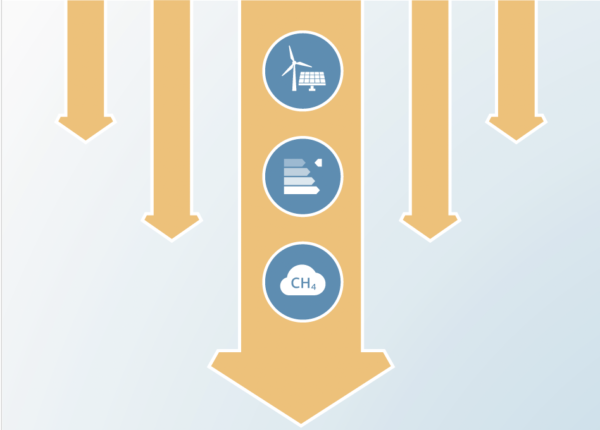What good looks like: G7 climate policy 2024 update
Authors

None of the G7 members are on track to meet their existing emission reduction targets for 2030, which are not yet collectively aligned with 1.5°C. Under current policies, the G7 are set to reduce emissions by 19-33% by 2030 compared to 2019 levels. This is at best around half of what is needed, which we estimate to be reductions of at least 58% over the same time period.
This brief outlines seven key policy recommendations for this June’s G7 summit that, if adopted, would demonstrate the ambition and leadership needed by the G7 to keep the Paris Agreement’s 1.5°C limit in sight.
G7 governments need to:
- Commit to collectively lower the G7’s greenhouse gas emissions by at least 58% by 2030 compared with 2019 levels, and at least 75% by 2035.
- Strengthen national 2030 climate targets so that they are aligned with the Paris Agreement’s 1.5°C temperature goal.
- Strengthen the implementation of policies needed to achieve these targets.
- Commit to phasing out domestic coal and fossil gas power generation by 2030 and 2035 respectively.
- End public financing and other support for fossil fuels abroad.
- Accelerate towards the global goal of tripling renewables and doubling energy efficiency by 2030.
- Commit new and additional international climate finance in line with their national circumstances, to go well beyond the 100 billion goal, and develop innovative financing instruments to accelerate the provision of accessible finance to vulnerable countries.











